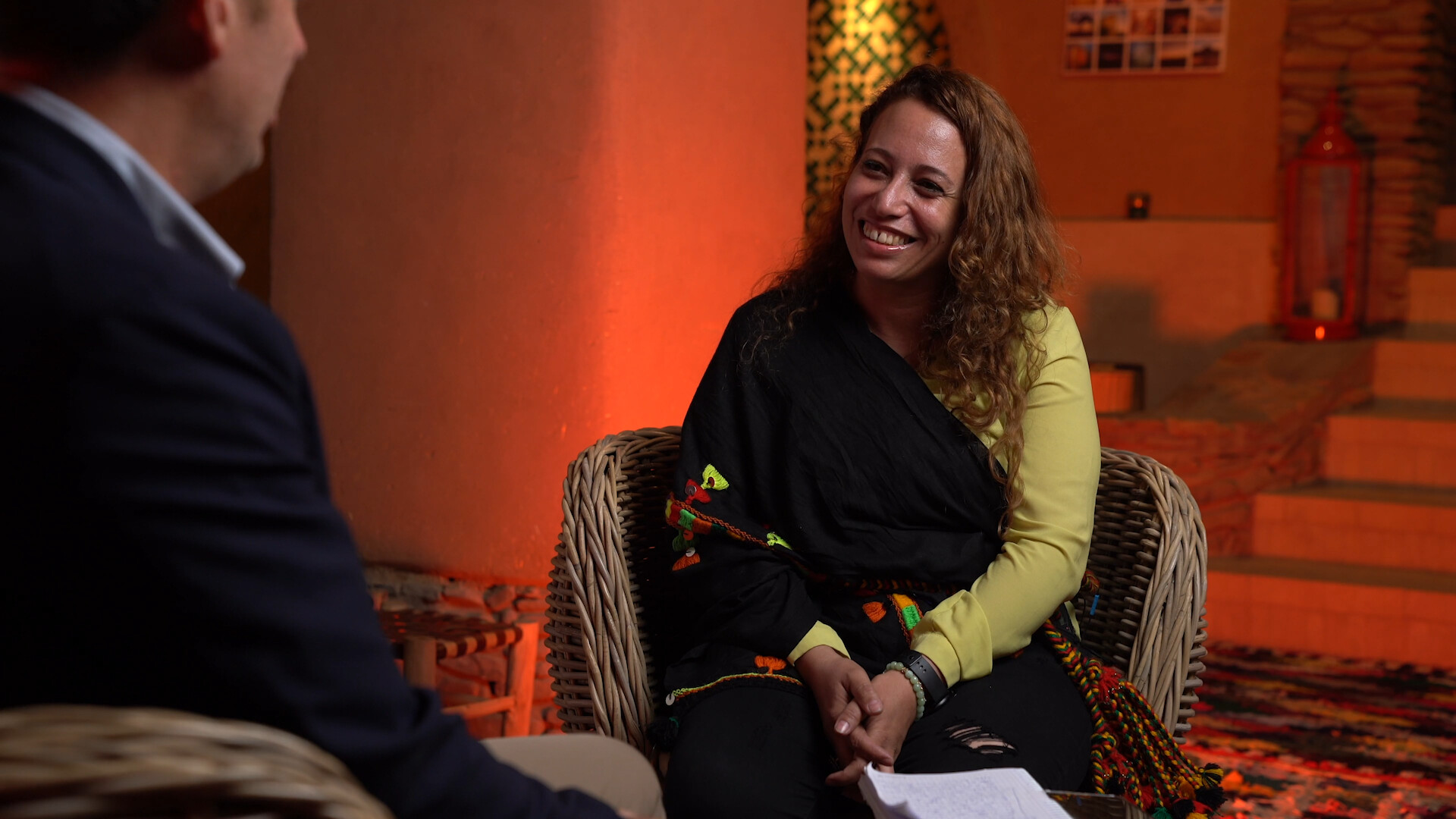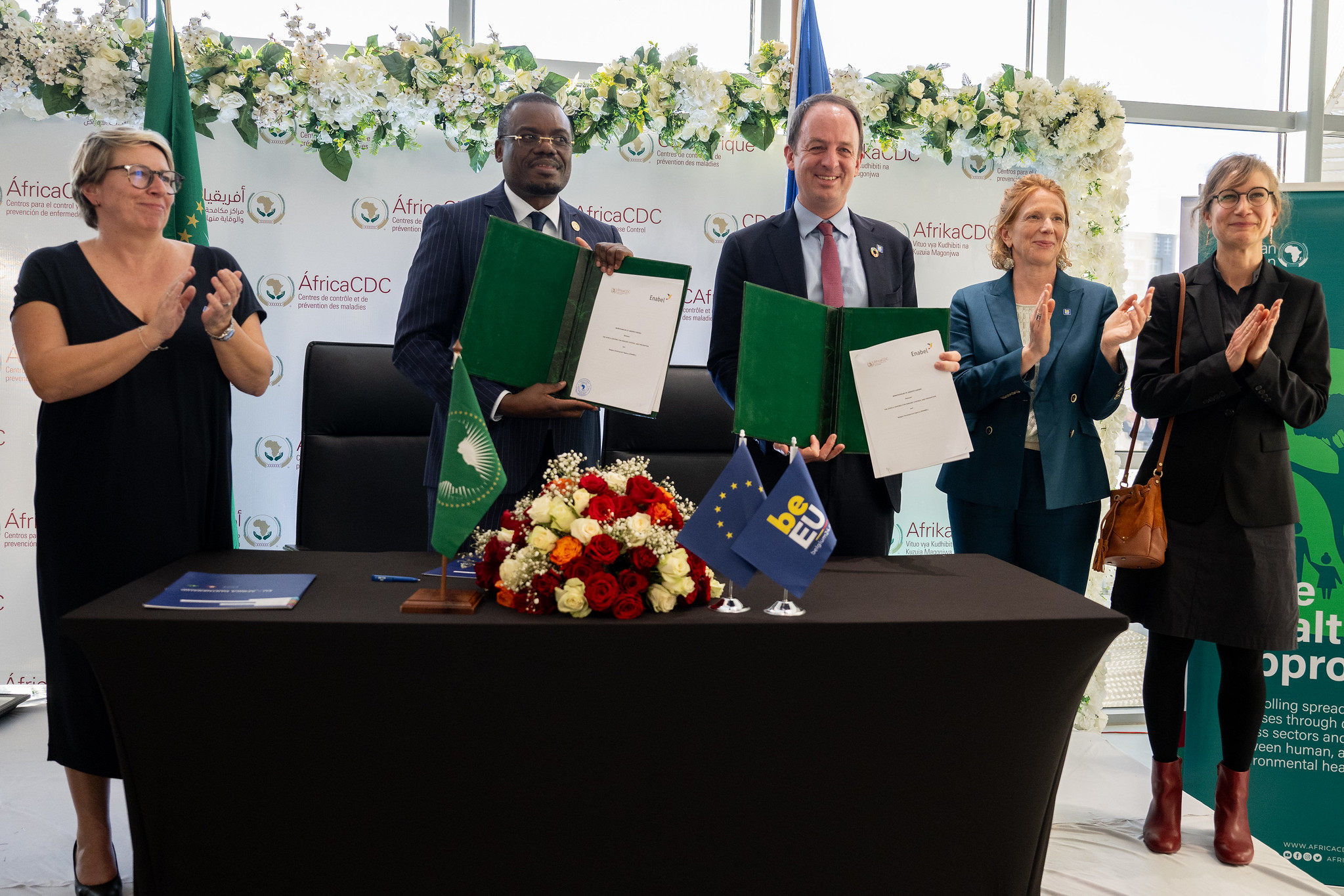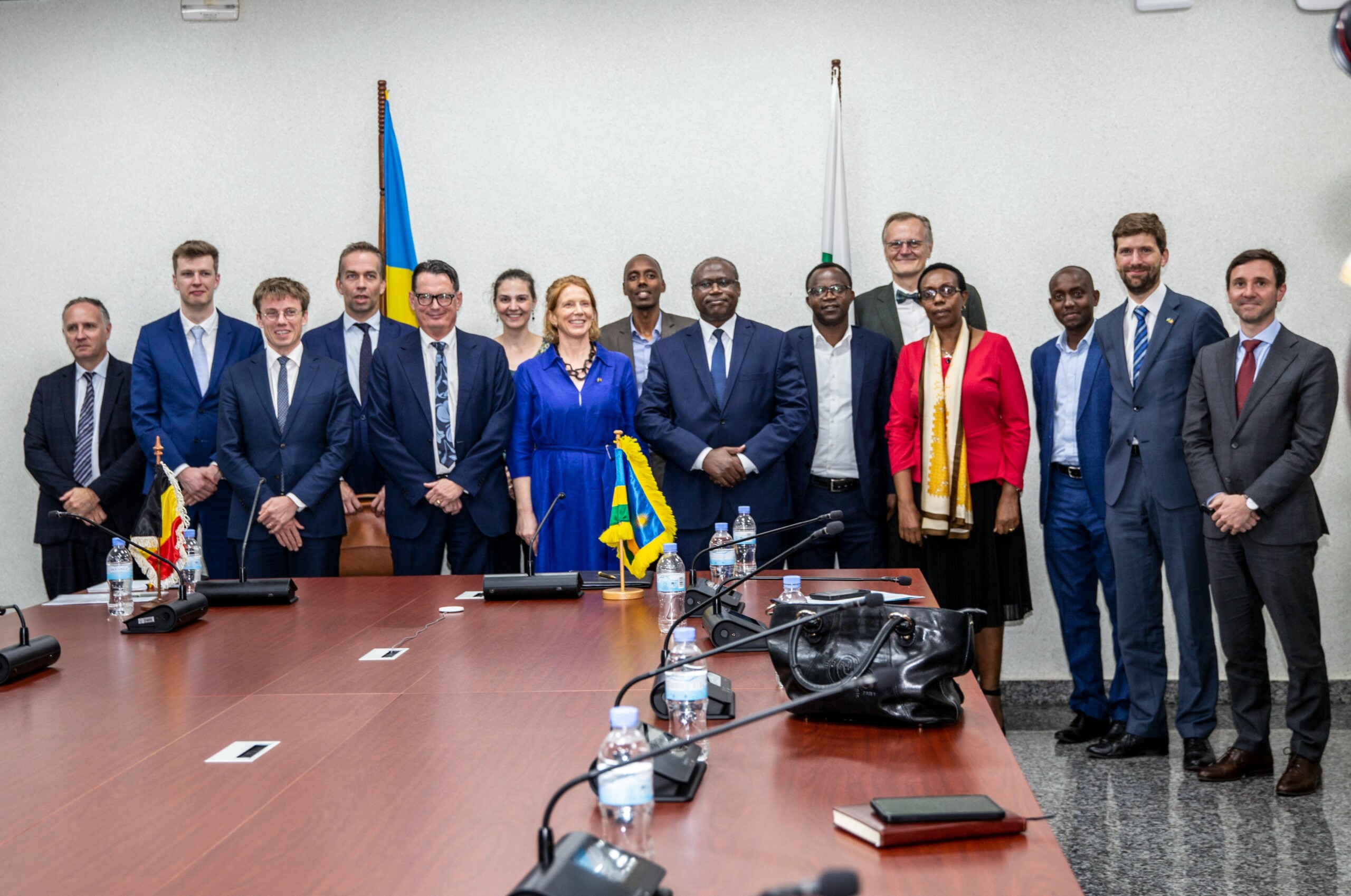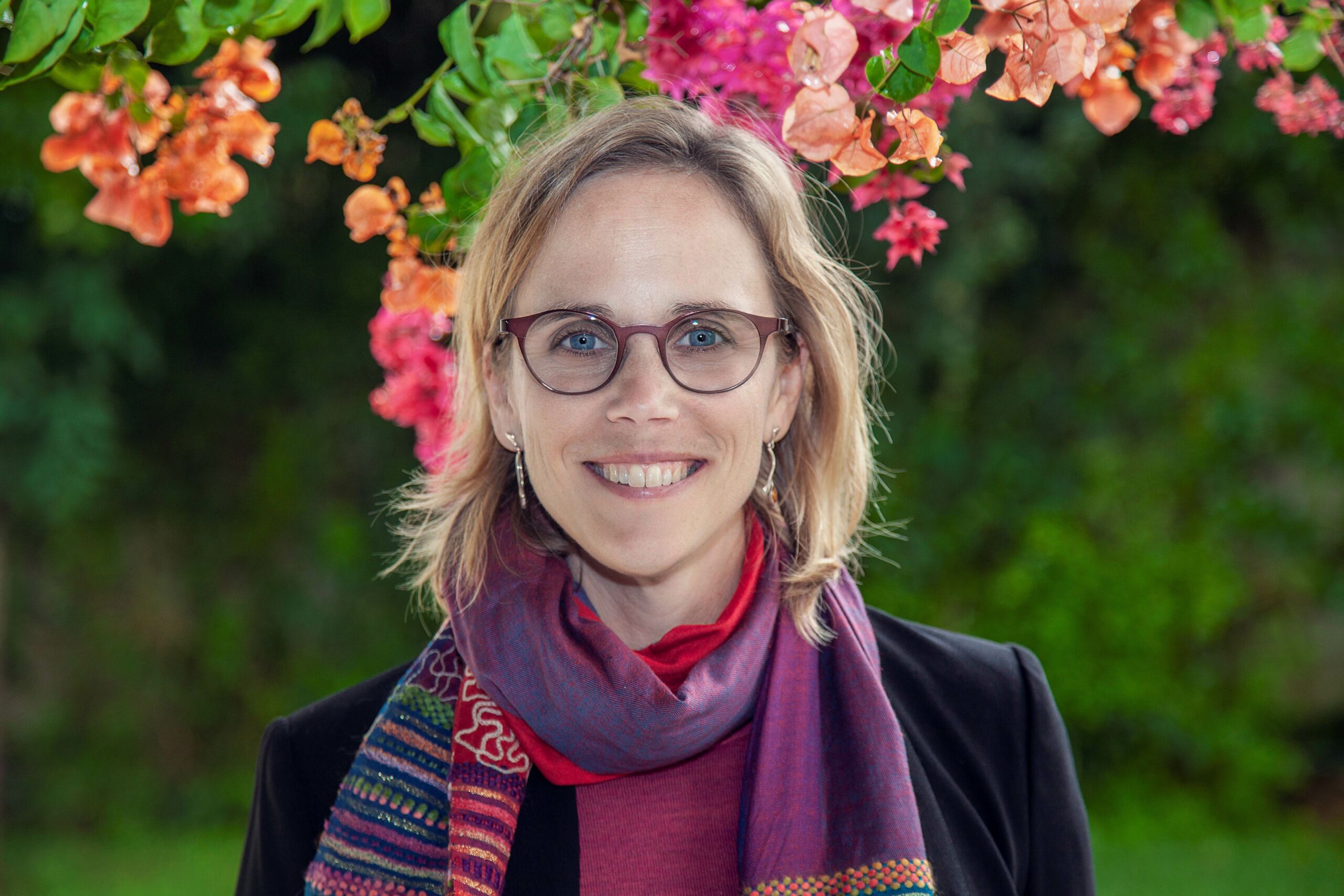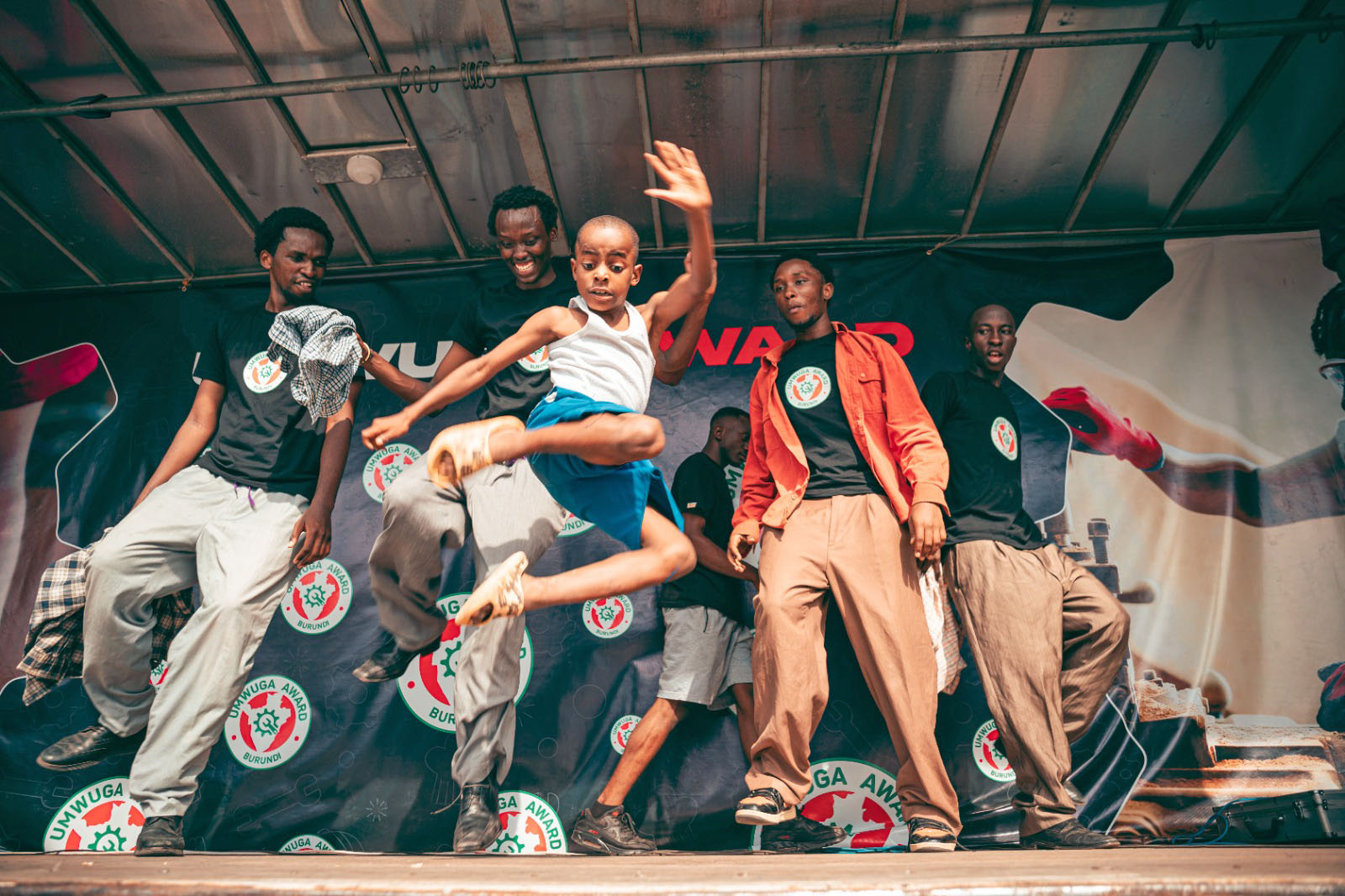News
01 November 2020
Let’s end female genital mutilation
Together, making Burkina Faso a safer place for girls
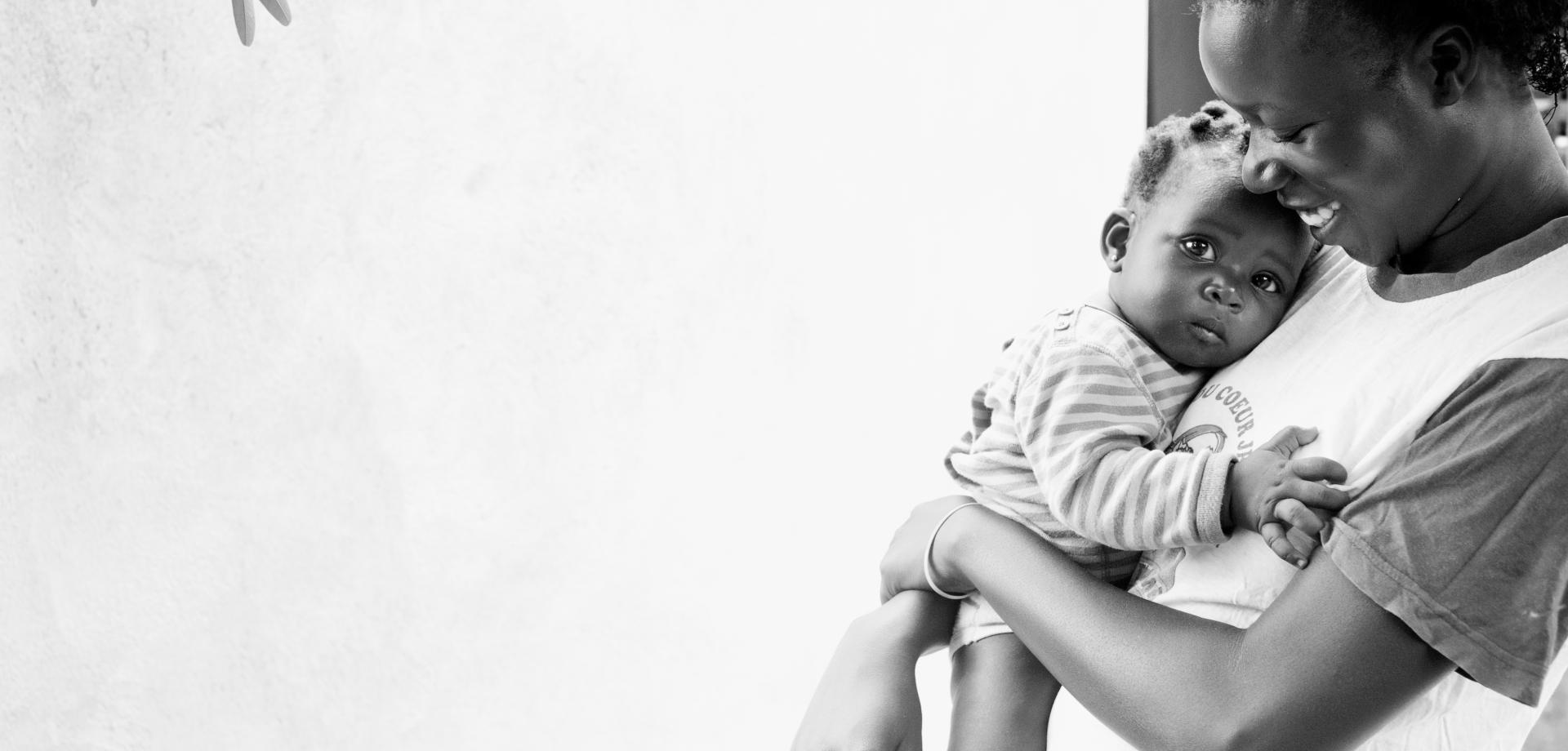
It is estimated that globally 200 million girls and women have undergone some form of Female Genital Mutilation (FGM) and that 4.1 million girls* are at risk in 2020 alone.
Women often bear the consequences of genital mutilation for life.
Female genital mutilation (FGM) is a practice that consists of altering or damaging the female genital organs for non-medical reasons. It is a centuries-old traditional practice that is a serious violation of human rights and is a public health problem, associated with both physical and psychological health risks. Female genital mutilation is nearly always carried out on minors and is therefore also a violation of the rights of the child.
Legal framework
In 1996, Burkina Faso adopted a law punishing the practice. This law was revised in 2018 with a move towards additional prison sentences and fines.
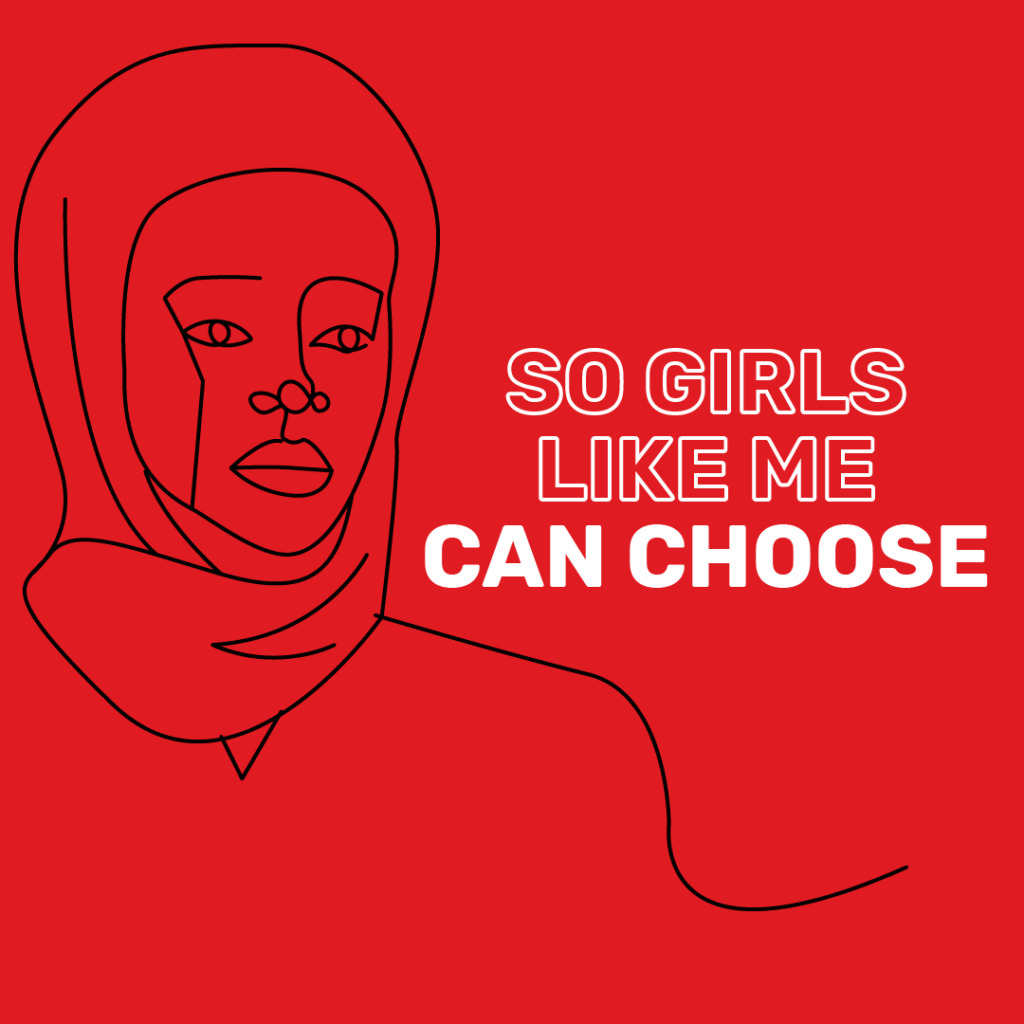
A law on its own is not enough
With more measures in place to reinforce the law, other challenges have come up. Women who have been circumcised in Burkina Faso sometimes do not seek proper medical care precisely because of it.
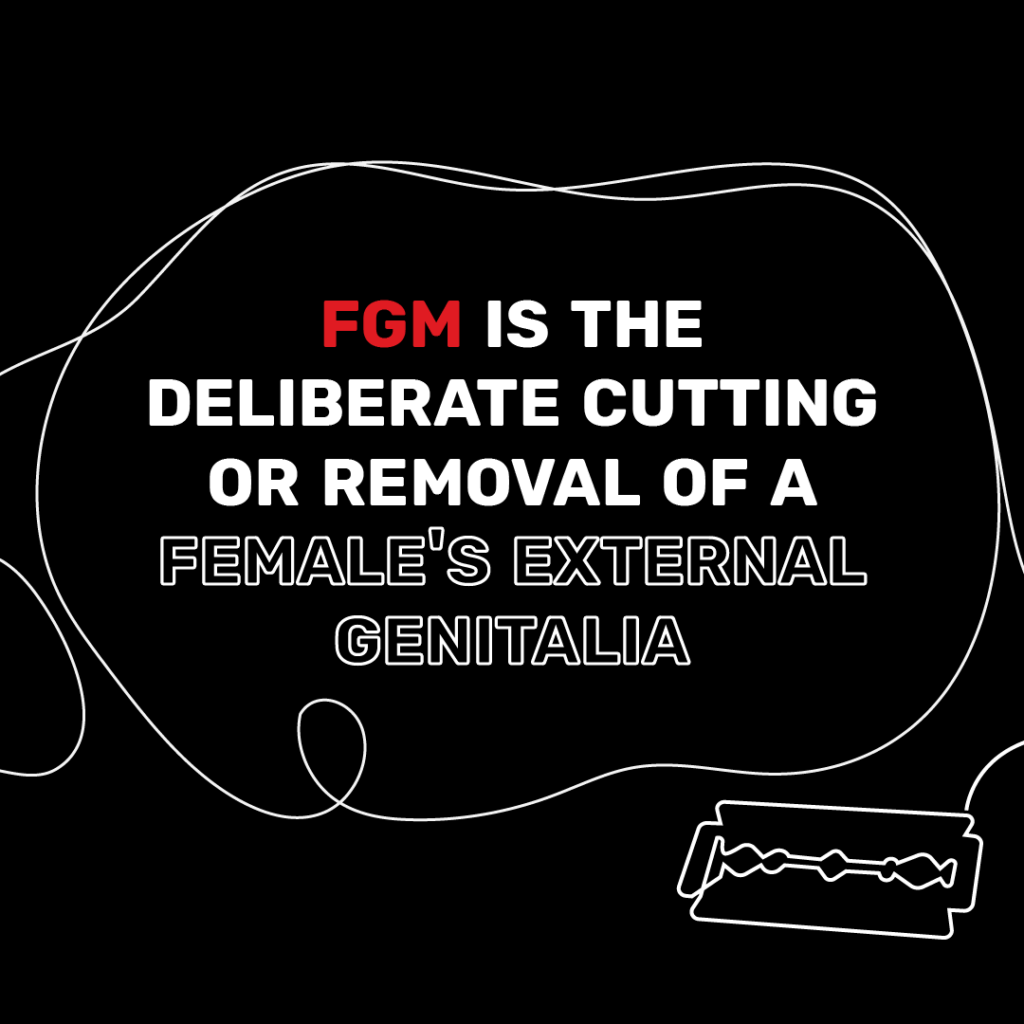
Understanding why
But what is the best way forward? In order to get an answer to that, it is important to look at what reasons communities themselves cite for continuing FGM. Research interviews reveal the following:
Taking action together
When practising communities decide themselves to abandon female genital mutilation, progress can be made. Within these communities there are a lot of people working towards solutions, people who are speaking out, trying to get the subject up for discussion and out in the open.
Enabel wants to reinforce voices like theirs. Working side-by-side with change makers within Burkinabe communities.
“If we want to end FGM, everyone has to get involved. It can no longer remain a taboo subject.” Frédéric – head of the Tenkodogo Municipal Youth Council
Violence against women, an issue going beyond FGM
Enabel supports the government of Burkina Faso not only in the fight against FGM, but presents a global approach, fighting against any form of gender-related violence.
“In Burkina Faso 41% of women are beaten because they refuse to have sex or to care for children. And 54% of women are excluded from decision-making about their own health. Yet, in a this highly patriarchal society, a lot of people find this normal, creating awareness is therefore complicated.” Explains Thierry Nkurabagaya, Enabel expert and coordinator of the She Decides project in Burkina Faso.
Because of this complicated context and because different forms of violence are intertwined, it’s vital to offer an approach that looks at the issues from different angles: “The promotion of family planning and the eradication of violence against women and girls constitute the common thread throughout all our actions. Starting from a holistic approach, combining the right to information, the right to protection of victims of violence and the right to access to quality community-based care,” says Thierry.
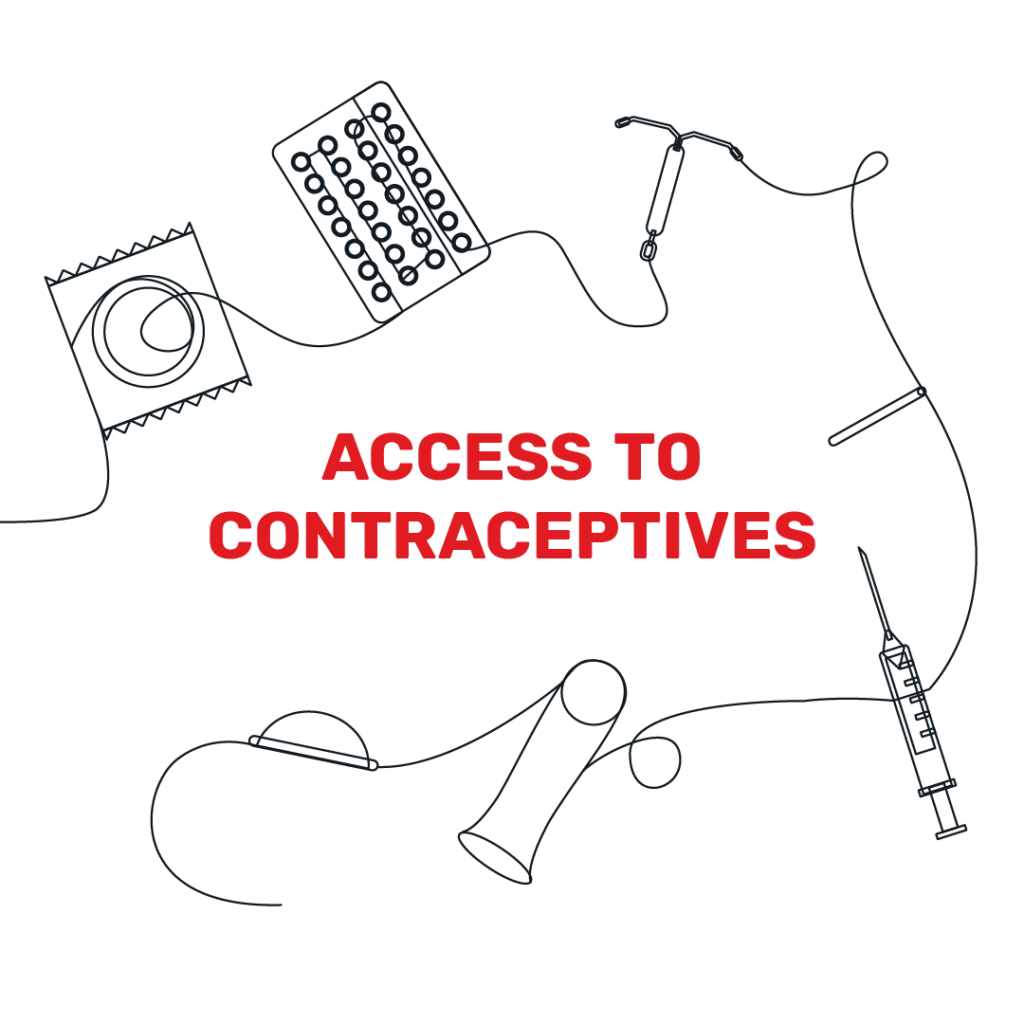
Need for continuous efforts
In the Centre-Est region we are currently renovating a hospital where we will set up a Centre for Mother and Child, where victims of violence can find refuge. In time, it will also offer clitoral recovery operations there.
“We are advising our elders to stop the practise of FGM, the negative effects on girls and women’s health are just too many.” Blandine – member of the youth movement of Koupela
The project at a glance
- An estimated 200 million girls and women have undergone FGM worldwide.
- In 1996, Burkina Faso adopted a law punishing the practice.
- In Burkina Faso among girls under age 15 the practice has declined. Falling from 13.3% in 2010 to 11.3% in 2015.**
- In the Centre-Est region where Enabel works, 75% of women have been cut according to statistics from 2018.***
- Budget: the total budget is 4 million euro, of which 850 000 euro is used for information, communication and awareness-raising and 750 000 euro for sheltering victims of sexual and gender-based violence. Actions specifically on FGM prevention are a part of this.
- Project duration: 2018-2023
Sources used for this webstory:
